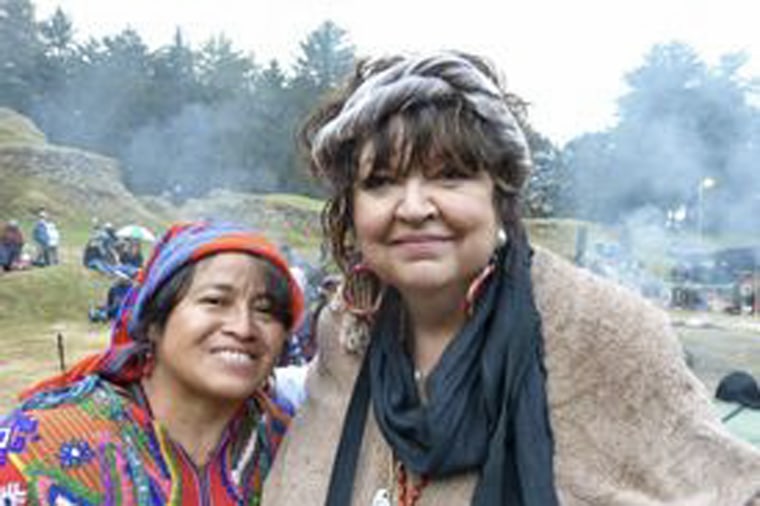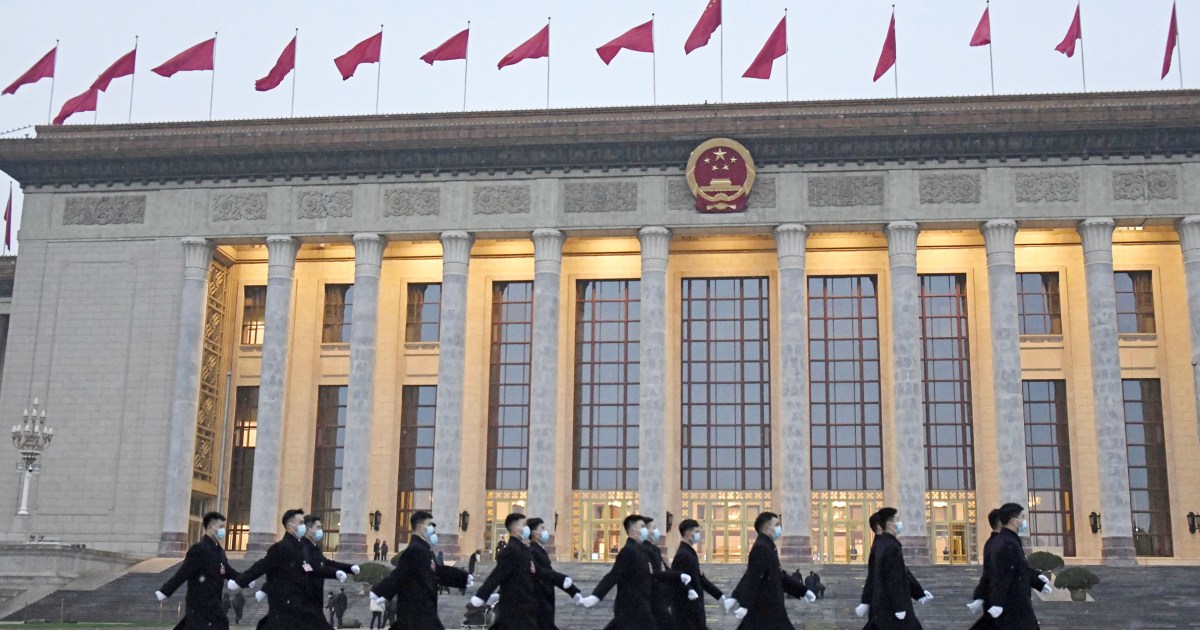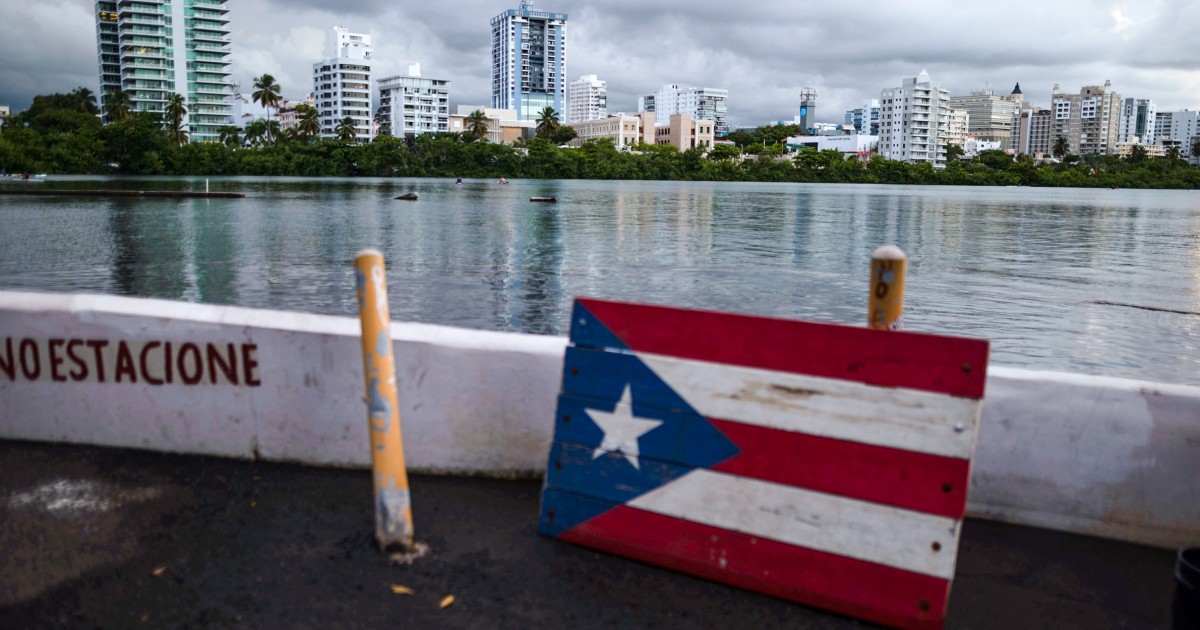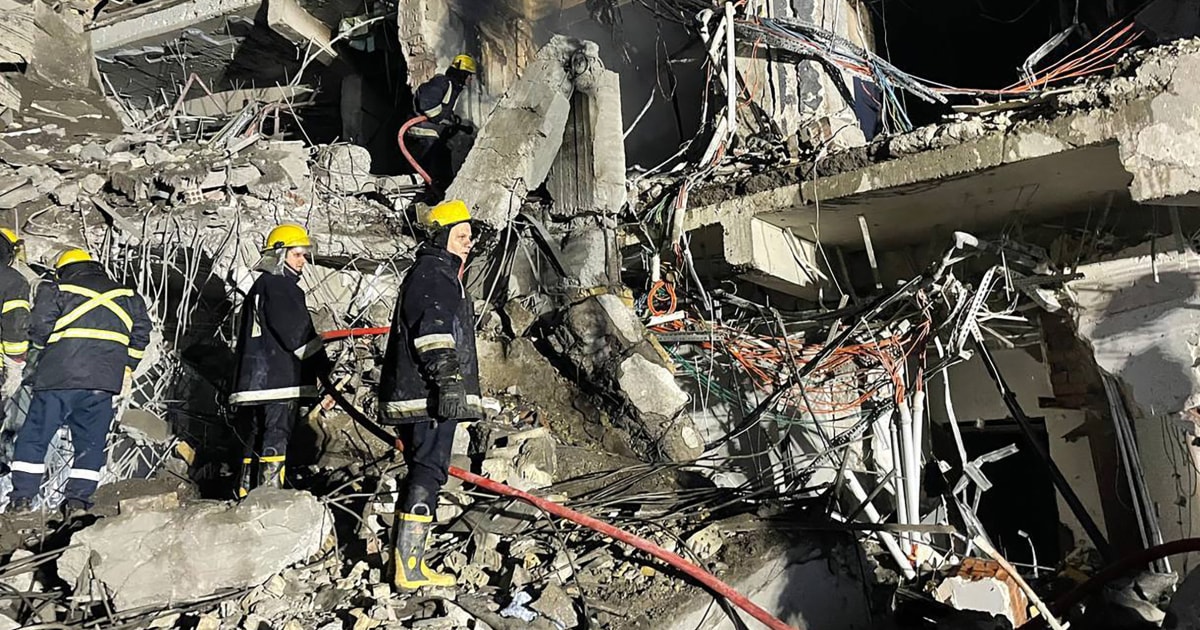Media pioneer María Martin, creator of the groundbreaking, award-winning public radio program “Latino USA,” died Saturday after complications from a medical procedure. She was 72.
Martin dedicated much of her professional life to bringing the voices and stories of U.S. Latinos and Latin Americans to English-language public radio. In doing so, she helped inspire and launch the careers of a cadre of Latino journalists in the U.S. and Central America.
Friends and family said in message that she died “in a room full of peace and love surrounded by her family” and her friends “at every corner of the world holding her up.”
Martin’s long ambition had been to bring diversity to media, public radio in particular, a goal that brought her both joy and heartache, but which she never abandoned.
“The values of inclusivity, diversity and the reflection of all society’s voices have guided my four decades in journalism,” she wrote in her 2020 book “Crossing Borders, Building Bridges: A Journalist’s Heart in Latin America,” which chronicled her work as a journalist in Latin America, but also the obstacles and challenges she faced and overcame as a Latina journalist.
Martin, who was of Mexican and Irish descent, broke many barriers, many of which went unrecognized until recently. She was the first Latina director of an early bilingual radio station, KBBF in Santa Rosa, California, where she started as a volunteer. She plowed new ground at NPR, editing NPR’s short-lived “Latin File,” then became the only “Latino Affairs” editor on NPR’s national desk.
“These weren’t the easiest years of my life as I attempted to make Latino and Latin American issues a greater part of the network’s coverage,” Martin wrote in her book.
She turned that frustration into her vision of a public radio program, what became “Latino USA,” which she built with the help of the University of Texas at Austin’s Center for Mexican American Studies and a Ford Foundation grant. She started as its producer while on a leave of absence from NPR.
“The idea of Latino USA was for the rest of America to understand Latinos in all of our beauty and all of our pain, news about Latinos to celebrate Latino culture,” Martin told Texas Public Radio, “and also to introduce the different Latino groups to each other, and basically to have a place on public radio that reflected this reality.”

To ensure the program was taken seriously and seen as an addition to NPR, she hired public radio journalist Maria Hinojosa, who later took over the program and still produces it today through her independent media organization Futuro Media.
“What I thought, at first, was let’s have this sound like NPR, with an authentic Latino feel,” Martin told Hinojosa in a May interview marking the 30th anniversary of the founding of “Latino USA.”
She recalled in the interview that there were few RSVPs for the Cinco de Mayo program launch in Austin, Texas, when it was first scheduled. But then Bill Clinton, needing to boost his Latino outreach, chose to attend, and suddenly so did everyone else, she said.
“I hope that Latino USA does for its audiences what programs like ‘All Things Considered’ and ‘Morning Edition’ do for audiences all across America today,” Clinton said in his 1993 appearance.
In the latter part of her career, after her work at “Latino USA” ended, Martin operated her own media venture, Graciasvida Center for Media, a nonprofit based in Antigua, Guatemala, where Martin lived. Through the venture, Martin shared her skills and years of experience with rural and Indigenous journalists in Guatemala, Bolivia and Nicaragua to help them cover their own communities and to boost coverage of Central America in the U.S.
During her time there, she produced the work that friends said made her most proud, a radio documentary series, “Después de las Guerras: Central America after the Wars.” The series documented what happened to Central America after the civil wars of the 1980s and the peace accords signed in the ’90s. Her series sought to tell what happened after media packed up and went home.
She also reported from Guatemala for other news outlets including NBC Latino.
Martin had begun teaching classes on producing community radio for the Esperanza Peace and Justice Center in San Antonio.
Martin spent her early childhood in Mexico, on the Texas and Arizona border. He family later moved to California. She earned a master’s degree in journalism at Ohio State University.
She won numerous awards and grants including several Fulbright fellowships and the John S. Knight Journalism Fellowship at Stanford University. In September 2015, she was inducted into the National Association of Hispanic Journalists Hall of Fame.
Martin donated her archives and papers to the University of Texas at Austin where they are part of the Nettie Lee Benson Latin American Collection when she was honored for her work.











